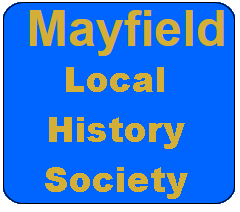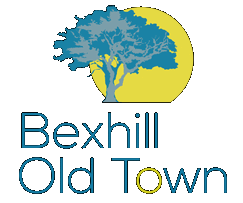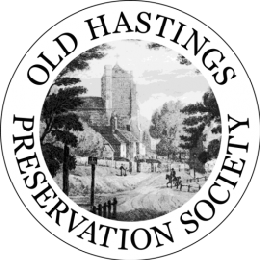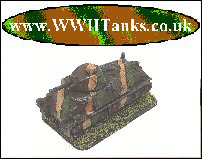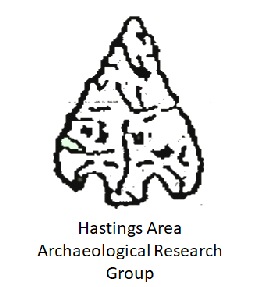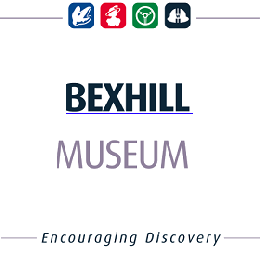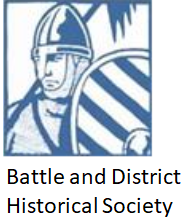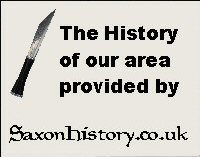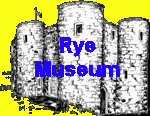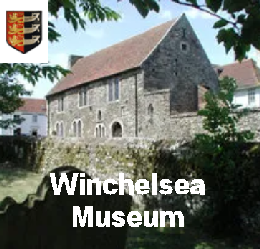The last 20 translations requested
|
|---|
|
|---|
| Branbrook |
|---|
| | bran derived from bran - raven
brook derived from broc - a brook or stream
|
|
|---|
| Halden |
|---|
| | hal derived from heall - hall
den derived from daen/den-bera - a valley / a forest swine pasture, most were settled after Domesday
|
|
|---|
| Kings Somborne |
|---|
| | kings derived from cyng - the king's
s derived from s - of as in 's or multiple
om derived from hjem - home - A village or location originally found in valleys with sea access hence Home for the Saxons - in later years this derivation changed to mean near water.
borne derived from burn - a brook or stream
|
|
|---|
| Thaxham |
|---|
| | thax derived from paca - roof covering(possibly reeds)
ham derived from hamm - Denotes a piece of land surrounded with paling, wicker-work, etc., and so defended against water, which would otherwise wash it away, so a valley settlement.
|
|
|---|
| Kings Cliffe |
|---|
| | kings derived from cyng - the king's
cliffe derived from clif - a cliff or steep decent
|
|
|---|
| Thaxley |
|---|
| | thax derived from taxe - a toad
ley derived from æg/leah - an island near the sea / woodland clearing if inland
|
|
|---|
| Theydon |
|---|
| | they derived from þæc - roof covering(possibly reeds - thatch)
don derived from daen/den-bera - a valley / woodland swine pasture
|
|
|---|
| Bishops Stortford |
|---|
| | bishop derived from bisceop - land owned by a bishop
s derived from s - of as in 's or multiple
stort derived from steort - a promontory, tongue of land
ford derived from forda - shallow place where a river can be crossed
|
|
|---|
| Saint Leonards On Sea |
|---|
| | saint derived from sanctus - saint
leonards derived from leonard - Saint Leonard of Limoges
on sea derived from sea - usually means near the sea
|
|
|---|
| Gainsthorpe |
|---|
| | gain derived from þegn - thane - a servant, one who does service for another
s derived from s - of as in 's or multiple
thorpe derived from ƿorp - a crowd - a village
|
|
|---|
| Acsted |
|---|
| | ac derived from aac - oak trees
sted derived from stæde - a place or pasture
|
|
|---|
| Croham |
|---|
| | cro derived from craw/crog - a crow the bird/a small bottle - amphora
ham derived from hamm - Denotes a piece of land surrounded with paling, wicker-work, etc., and so defended against water, which would otherwise wash it away, so a valley settlement.
|
|
|---|
| Woods Green |
|---|
| | wood derived from wudu - wudu, earlier widu tree, trees collectively, forest, grove.
s derived from s - of as in 's or multiple
green derived from grene - grassy
|
|
|---|
| Ringles |
|---|
| | ring derived from ringe - spiders/spider webs
les derived from læca - leech
|
|
|---|
| Stelling |
|---|
| | s derived from s - of as in 's or multiple
tel derived from teala - farmer
ling derived from el hring - people of a ringed village(probably by a pallisade)
|
|
|---|
| Kings Lynn |
|---|
| | kings derived from cyng - the king's
lynn derived from lean - a gift/reward
|
|
|---|
| Arun |
|---|
| | arun derived from hærn - tidal
|
|
|---|
| Adur |
|---|
| | adur derived from ædr - vein or artery
|
|
|---|
| Ouse |
|---|
| | ouse derived from use - the river ouse possibly derived from osle - blackbirds
|
|
|---|
| Cuckmere |
|---|
| | cuck derived from cuc - quick or rapid
mere derived from mære - sea or lake (large body of water)
|
|
|---|


